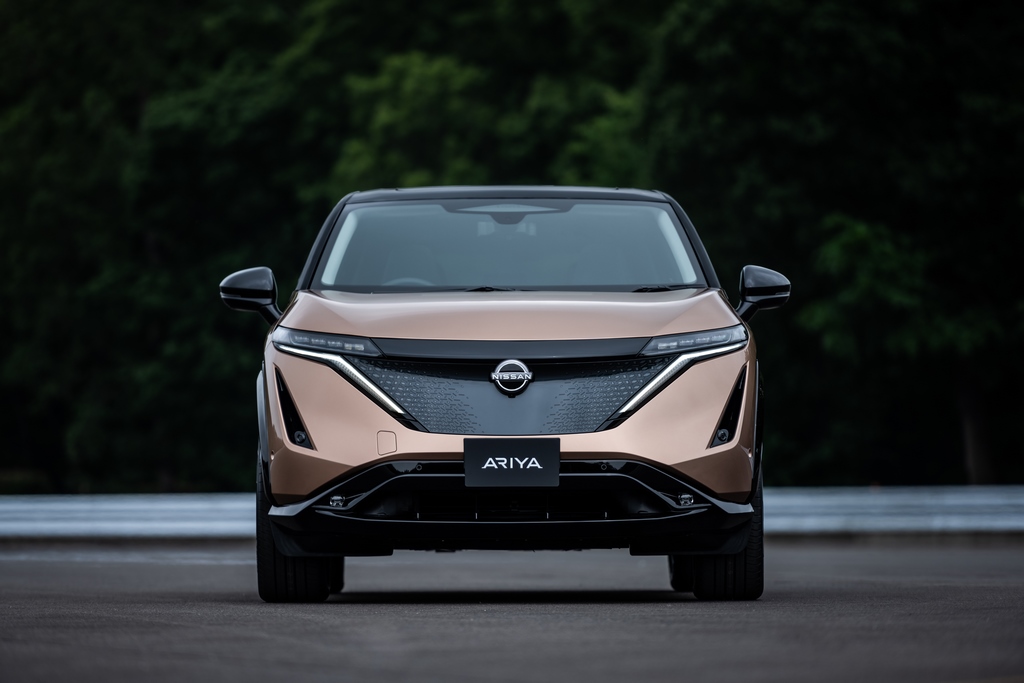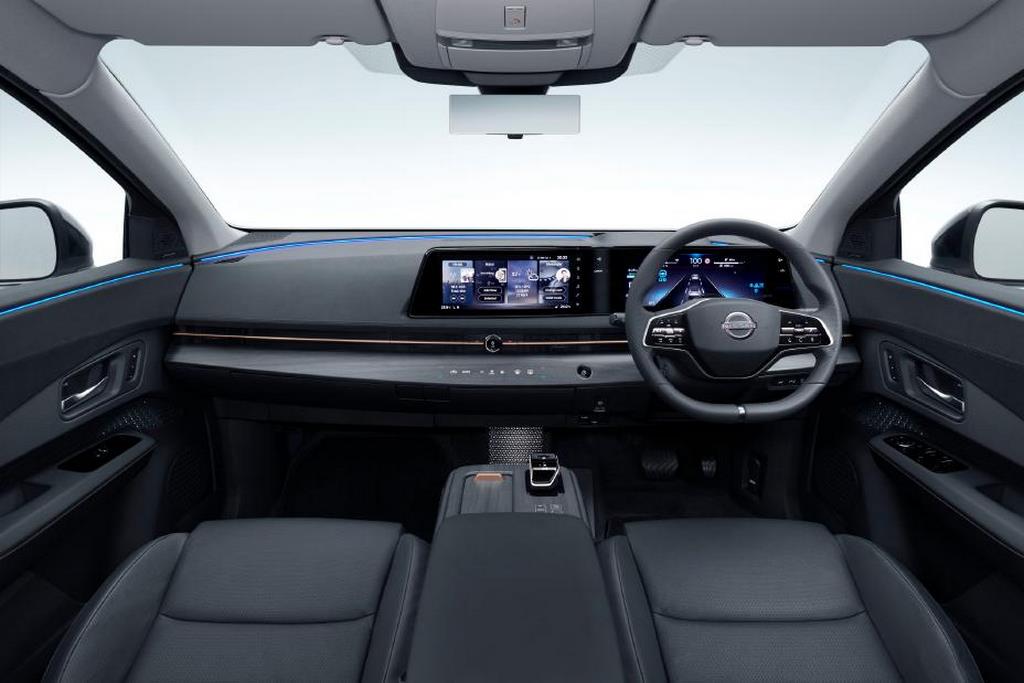
Nissan Ariya all-electric SUV to launch in India, will be available in limited numbers
Nissan Ariya electric SUV is all set to hit the Indian market in the coming months. Following the recent announcement of the X-Trail, the Ariya will be sold in limited numbers as a full import, positioning it above the X-Trail in Nissan’s India lineup.
The Ariya, Nissan’s answer to the Tesla Model Y and Volkswagen ID.4 in the international market, made its global debut in 2020 and has been tested in India over the past year. Built on the Renault Nissan Alliance’s CMF-EV electric vehicle platform, which also underpins the Renault Megane e-Tech, the Ariya boasts modern design features.
It includes the brand’s new ‘design’ shield and in some markets an illuminated Nissan logo. The SUV’s coupe-like silhouette is enhanced by a prominent shoulder line connecting the front and rear and it comes with either 19-inch or 20-inch wheels, depending on the variant.
Inside, the Ariya features a clean and minimalistic design, highlighted by two large 12.3-inch screens on the dashboard, nearly devoid of physical buttons. The vehicle incorporates a unique haptic control system and higher-end variants are equipped with a heads-up display and a Bose audio system.
The Ariya offers multiple powertrain options globally, including single-motor rear-wheel-drive and twin-motor four-wheel-drive versions. Customers can choose between two battery packs: a 63kWh battery with 217 HP and 300 Nm of torque, offering a claimed range of 402 km and an 87kWh battery with 242 HP and 300 Nm of torque, extending the range up to 529 km. The top-spec 87kWh model delivers 306 HP and 600 Nm of torque, with a claimed range of up to 513 km.
On the technology front, the Ariya includes advanced driver assistance features and an enhanced version of Nissan’s ProPilot system. It received a 5 star crash-test rating from Euro NCAP in 2022. Meanwhile, Nissan will open the bookings for the X-Trail in India on 26th July. It will be launched on 1st August. What are your thoughts on Nissan’s future in India? Let us know in the comments section below.





